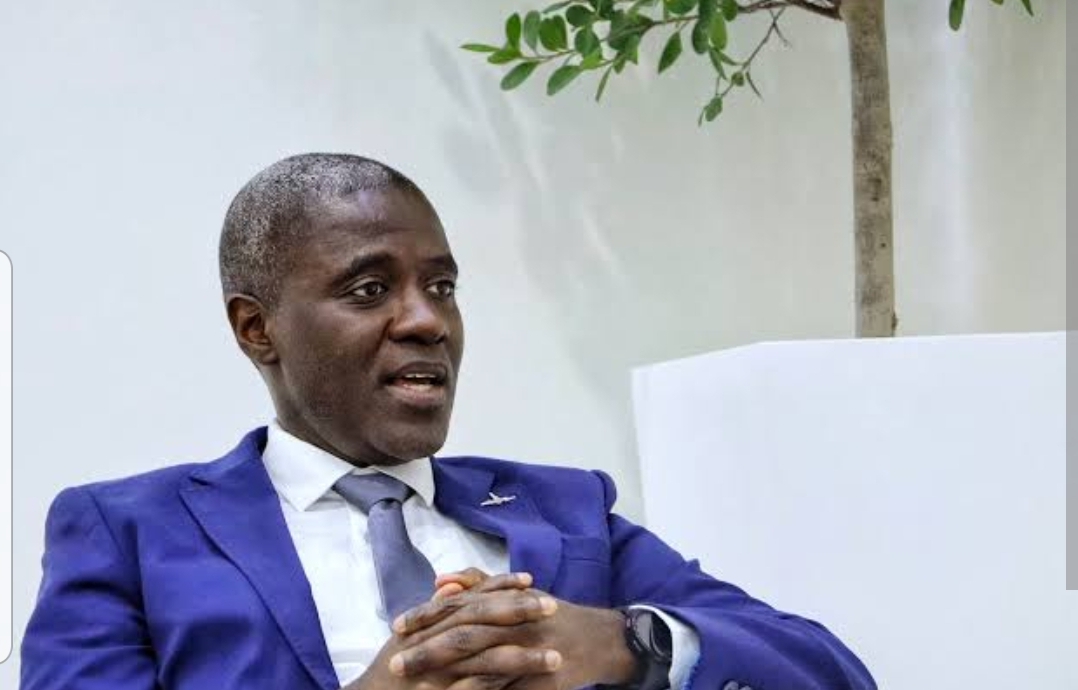Telecom Reforms Set To Drive $25bn Annual Boost To Nigeria’s GDP

Reforms introduced by the Nigerian Communications Commission (NCC) are expected to push the annual contribution of the telecommunications sector to Nigeria’s Gross Domestic Product (GDP) to $25 billion in the coming years.
The projection comes as the industry continues to post robust growth under the leadership of Aminu Maida, Executive Vice Chairman of the Commission.
Maida, who assumed office in October 2023, has overseen a raft of regulatory reforms described by stakeholders as merit-driven, investor-friendly, and focused on transparency, compliance, and digital inclusion.
The presidency is said to be backing the reforms, which analysts believe could reposition the telecom sector from a supportive role to one of the core drivers of Nigeria’s economy.
According to the National Bureau of Statistics (NBS), the ICT sector contributed 17.68 percent to Nigeria’s GDP in the fourth quarter of 2024, with telecommunications accounting for 14.4 percent.
In monetary terms, the telecoms industry generated $7.6 billion in revenue last year.
Industry watchers say an 8 percent compound annual growth rate through 2028 could push the sector’s contribution above the $25 billion mark, aided by increased broadband penetration, digital payments, and the adoption of emerging technologies.
Gbenga Adebayo, chairman of the Association of Licensed Telecommunications Operators of Nigeria (ALTON), said the sector’s performance in 2024 reflects a strong regulatory framework.
“The sector’s performance in 2024 has been phenomenal… I must appreciate the regulatory role of the NCC. The Commission and the Minister, Bosun Tijani, have implemented business‑friendly policies that enabled this growth,” Adebayo said in a report published by Vanguard on June 11, 2025.
Despite a challenging economic environment, the telecom sector has consistently outperformed other segments of the economy. Between 2021 and 2024, when Nigeria’s overall GDP growth ranged from 0.51 percent to 5.01 percent, the telecoms sub-sector recorded growth rates of 14.13 percent in 2023 and 16.36 percent in 2024.
Mobile subscriptions have risen from under 300,000 in 2001 to more than 169 million active lines as of 2025, with rural connectivity and the digital payments boom playing a key role in the expansion.
Efforts to update the Nigerian Communications Act (NCA) 2003 are currently ongoing at the National Assembly.
The proposed amendments aim to streamline regulations, address infrastructure-related challenges such as Right of Way (RoW) costs and vandalism, and bolster cybersecurity.
Stakeholders say that passing the revised law will reduce operational costs and allow operators to offer better coverage and more affordable services.
The sector’s impact goes beyond financial metrics. NCC data shows that telecoms currently support about 2.3 million jobs across direct and indirect channels.
Financial inclusion rose from 56 percent in 2020 to 64 percent in 2023, boosted by mobile money and USSD banking platforms.
Broadband penetration stood at 48.15 percent as of May 2025, with increasing digital access driving transformation in sectors like health, agriculture, and education.
Maida’s reforms at the NCC have been complemented by the policies of Bosun Tijani, minister of communications, innovation and digital economy.
Tijani, who came into office in August 2023, launched the “3 Million Technical Talent” (3MTT) programme to equip young Nigerians with global digital skills, reinforcing broader efforts to build a resilient digital economy.
With rising momentum and growing synergy between regulation, legislation, and policy, experts say the $25 billion GDP contribution target is attainable.
The telecom industry is now poised to become the backbone of Nigeria’s digital-led economic transformation.













